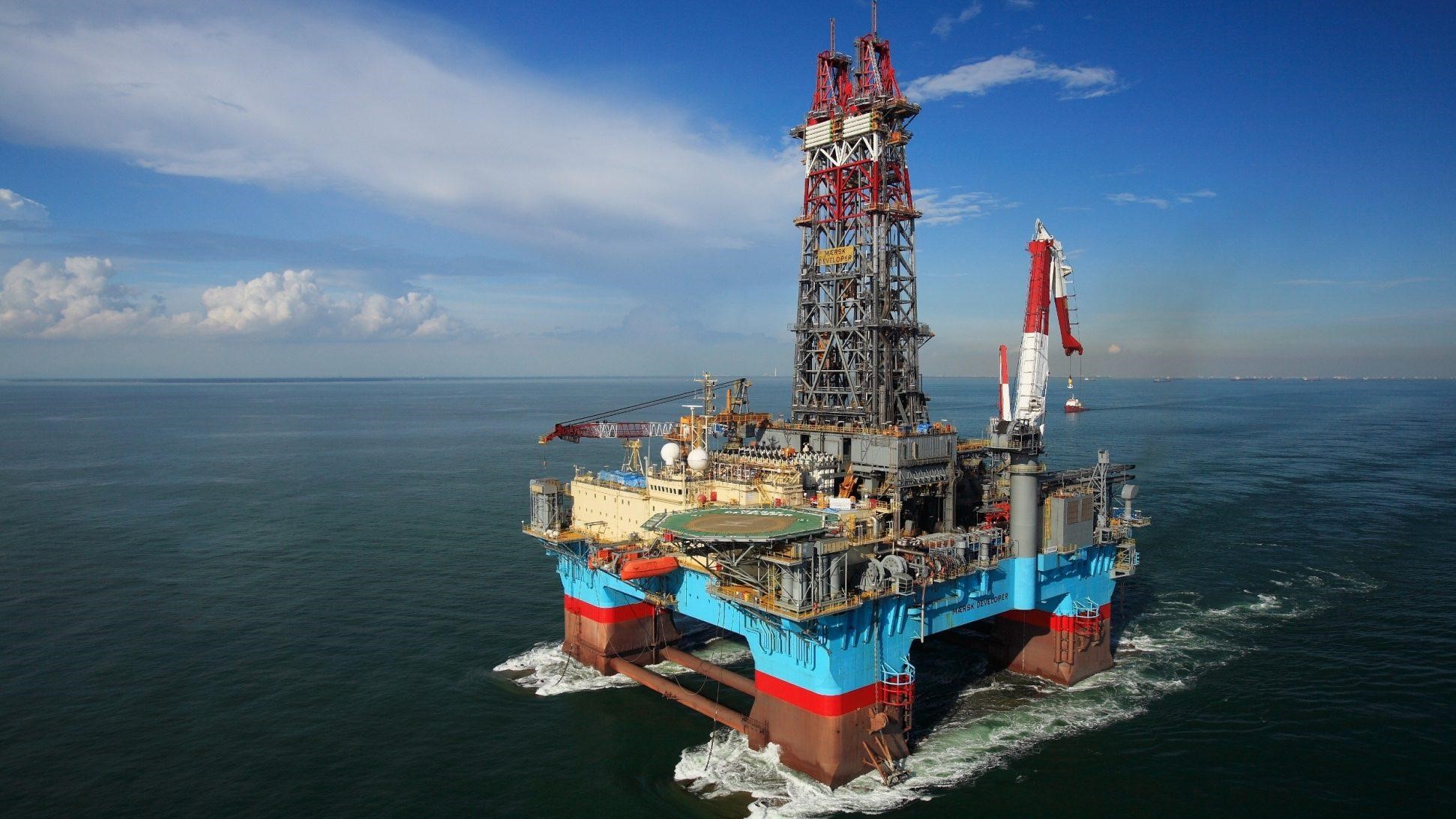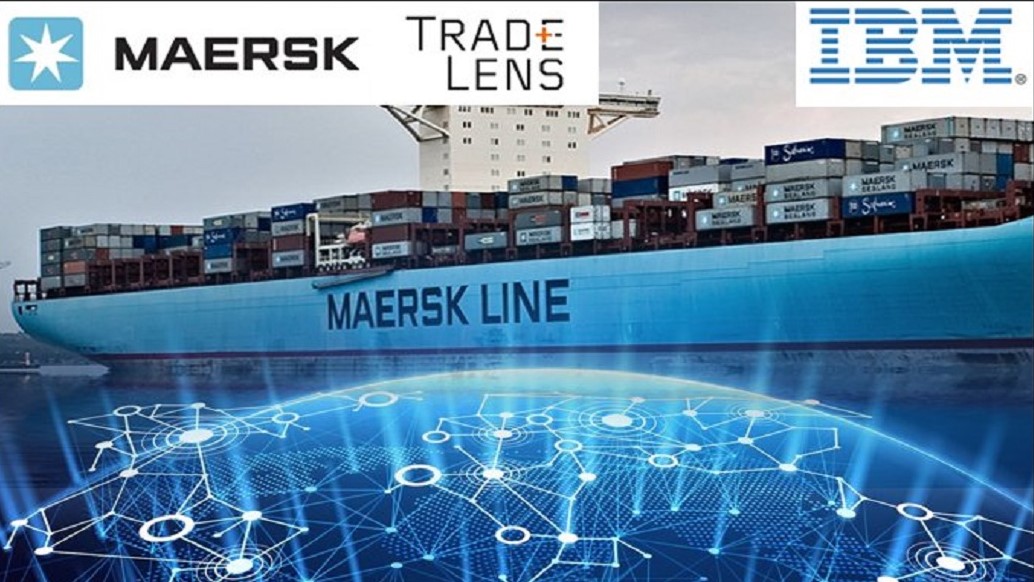Focused deal must push Maersk to lead in transportation and logistics
Jim Snabe, the chairman of the board of directors for Maersk (Nasdaq OMX: MAER.B), laid bare the difficult straits that faced the world’s largest shipping company as it jettisons legacy businesses to make a hard tack toward becoming a leading integrated transportation-and-logistics company.
The message was delivered at the company’s annual general meeting yesterday in Copenhagen. Snabe, who took the chairman’s role in 2017, said the company’s poor performance last year reflected the ongoing challenges facing the container shipping industry overall. But he said the company’s strategic focus on transportation logistics is still on track and will bear out in the coming years.
Maersk not satisfied with 2018 financial results
“Financially, 2018 was not a satisfactory year and a downgrade of our expectations,” Snabe said. “But it was also a year of sound progress in delivering on our long-term strategy and transformation.” Maersk reported a pre-tax profit margins of 6 percent last year, which Snabe called “simply not satisfactory.”
Still, the results were than peer container ship firms, with Cosco Shipping Holdings (HKEX: 1919) reporting pre-tax profit margins of 3 percent and Hapag-Lloyd (XETRA: HLAG) seeing pre-tax margins under 1 percent.
Maersk unwinding its energy business legacy
Unlike those other firms, Maersk is in the process of a major unwinding of its legacy energy business. Snabe admitted that the Danish company wrongly timed its bets on the energy sector with investments in oil exploration, drilling and tankers business exceeding income in three of the five-year period spanning 2012 through 2016.
But many of the bets in Maersk’s oil businesses “were made when prices peaked,” Snabe said. “So, when oil prices collapsed in 2014, we were facing great challenges.”

Maersk spin offs assisted in reducing debts
But Maersk has been able to right the ship with the $1.2 billion sale of its tanker business to the Maersk family and the $7.8 billion sale of its oil exploration business to Total (NYSE: TOT). Maersk also announced details of its plans to spin off its drilling business through a public offering. But plans to spin off its supply service remain on hold due to the weakness in the offshore oil market.
The spin-offs helped Maersk reduce its debt which is “required to make the necessary investments in the future,” Snabe said. With energy business divestments nearly complete, Snabe said Maersk’s focus ahead will strictly be on gaining the largest share of the most profitable segments in transportation and logistics. The goal will be to help navigate the twenty-odd service providers and hundreds of paper documents required to move a container.

Maersk Tradelens project hanling 10.000 docs per day
“Nike (NYSE: NKE), Wal-Mart (NYSE: WMT) and Tesla (Nasdaq: TSLA) are some of our 70,000 customers,” Snabe said. “They want a supplier that can cut through complexity and deliver a container on time.”
Snabe touted Maersk’s ongoing technology projects, such as instant booking through its Twill platform, to ease the process of booking ocean freight.. He said more than 98 percent of all container bookings are now done online. He also said the company’s blockchain initiative, TradeLens, is now handling some 10,000 trade-related documents per day.
Maersk has extremely low operating expenses compared to its competitors
They also want a low-cost supplier, Snabe said, with Maersk having some of the lowest operating expenses in the industry. It reported per unit transport costs of $907 per twenty-foot equivalent (TEU) for 2018. In comparison, Cosco reported per unit transport cost of $782 per TEU last year.
The ocean segment, though, remains dependent on volatile freight rates and fuel prices. It also offers the lowest return on investment compared to Maersk’s other businesses. As such, the company remains on the hunt for additional acquisitions in transportation and logistics.
Maersk announcing further acquisitions to guarantee future growth
He said the company will look at focused acquisition opportunities such as the transaction for Vandergrift, which Snabe said allows Maersk “to remove that complexity for customers.”
“These are areas with good growth and profitability and, thus, important growth areas for Maersk,” Snabe said. “Our ambition is to grow our business in these areas significantly in the coming years.”

